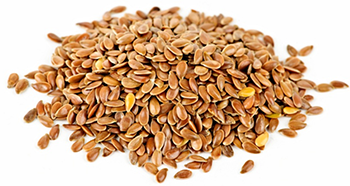
Treatment for dry skin includes several simple remedies including:
- Using an over-the-counter lotion or moisturizer for excessive dry skin. Eucerin and Curél are known brands good for treating dry skin. Try to avoid creams or lotions with a fragrance or exfoliant, which may dry the skin out even more.
- Avoid antibacterial and deodorant soaps, which can be harsh and drying to your skin. Instead, use a gentle cleanser, such as Dove or Aveeno, or a mild shower gel with added moisturizers.
- Don’t take extremely hot baths, or shower or soak in the tub for more than 10 minutes. Doing so breaks down your skin’s natural protective oils, which keep it soft and smooth.
- Use a humidifier during the winter. Central heating and space heaters can dry out the air in your home. (Humidifiers may also help with congestion during the flu season!)
- Drink plenty of water and other liquids to keep skin hydrated from the inside out. An omega-3 rich diet or supplements can also help the skin stay nourished. Omega-3 foods include: flaxseeds, salmon, sardines, chia seeds, walnuts and walnut oil, soybeans, and spinach.
When you should see a doctor:
- The dryness and itching keep you awake at night
- The over-the-counter lotions aren’t working
- You have open sores or large areas of scaling or peeling skin
- You develop a raised rash that won’t get better because you could have a more serious condition such as eczema, psoriasis, or another skin disorder that may need a prescribed cream to treat.
Good facts to know:
Since dry skin is extra-sensitive, it’s important protect it from the sun, even if it’s snowing (snow can reflect as much as 80 percent of the sun’s rays). Apply your normal sunscreen to the exposed parts of your body when outside. The best time to apply lotion is immediately after a shower or bath, when your skin is still damp and can soak up the moisture. Use breathable fabrics for your bedding and clothing, such as cotton or silk.
The information provided is for general interest only and should not be misconstrued as a diagnosis, prognosis or treatment recommendation. This information does not in any way constitute the practice of medicine, or any other health care profession. Readers are directed to consult their health care provider regarding their specific health situation. Marque Medical is not liable for any action taken by a reader based upon this information.

